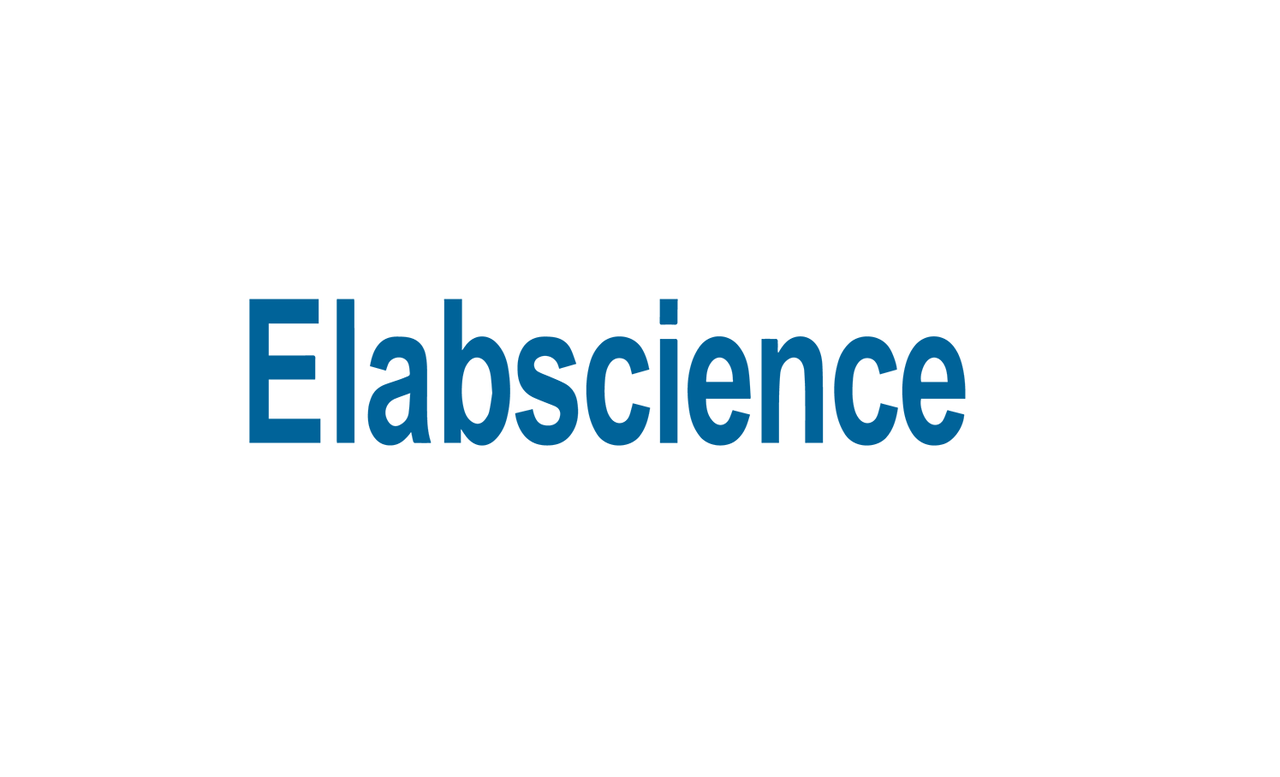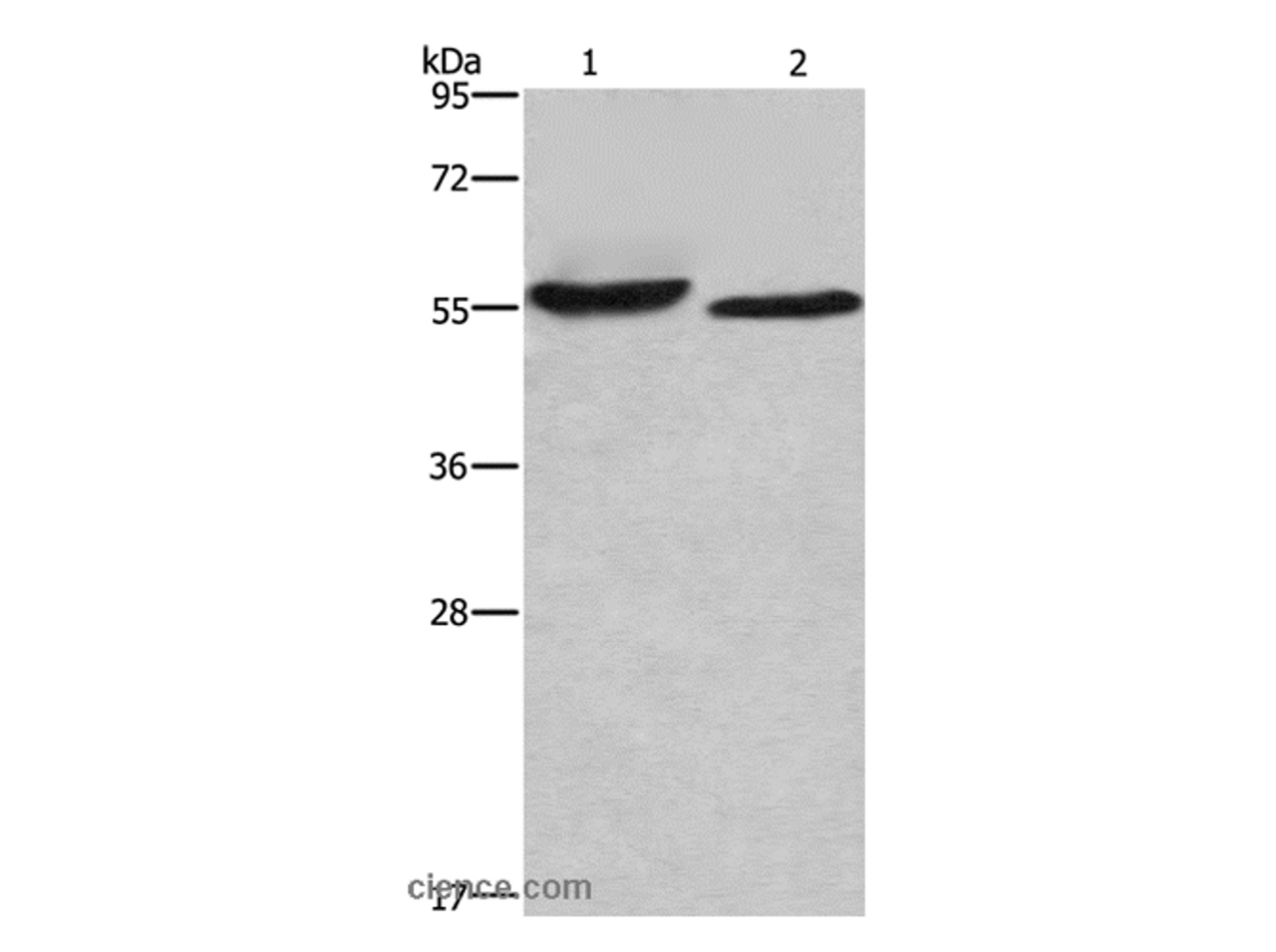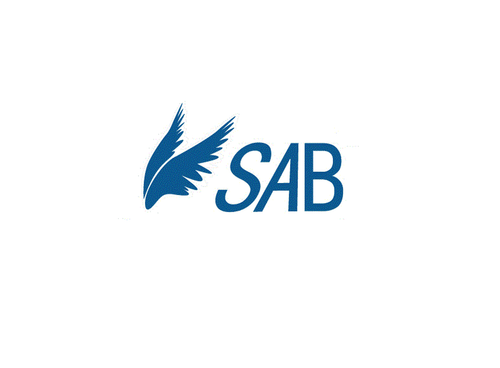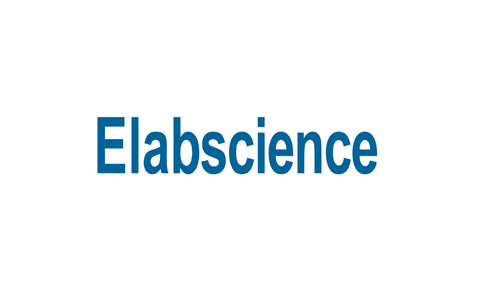Product Description
AMIGO2 Polyclonal Antibody | E-AB-10790 | Elabscience
Type: Polyclonal Antibody
Synonyms: Adhesion molecule with Ig like domain 2, ALI 1, ALI1, Alivin 1, Alivin-1, Alivin1, AMGO2, AMIGO 2, AMIGO-2, Amigo2, Amphoterin induced gene 2, Amphoterin induced protein 2, Amphoterin-induced gene and open reading frame 2, Amphoterin-induced protein 2, DEGA, Differentially expressed in gastric adenocarcinoma, Differentially expressed in gastric adenocarcinomas, Transmembrane protein AMIGO 2, Transmembrane protein AMIGO2
Application: WB, IHC, ELISA
Reactivity: Human, Mouse, Rat
Host: Rabbit
Isotype: IgG
Reserch Areas: Neuroscience
Background: The amphoterin-induced gene and ORF (AMIGO) family of proteins consists of AMIGO-1, AMIGO-2 and AMIGO-3. All three members are single pass type I membrane proteins that contain several leucine-rich repeats, one IgG domain, and a transmembrane domain. The AMIGO proteins are specifically expressed on fiber tracts of neuronal tissues and participate in their formation. The AMIGO proteins can form complexes with each other, but can also bind itself. AMIGO-1, also designated Alivin-2, promotes growth and fasciculation of neurites and plays a role in myelination and fasciculation of developing neural axons. In cerebellar neurons, AMIGO-2 (Alivin-1) is crucial for depolarization-dependent survival. Similar to AMIGO-1 and AMIGO-2, AMIGO-3 (Alivin-3) plays a role in homophilic and/or heterophilic cell-cell interaction and signal transduction
Concentration: 0.5 mg/mL
Storage: Store at -20°C. Avoid freeze / thaw cycles.
Immunogen: Recombinant protein of human AMIGO2
Buffer: PBS with 0.05% sodium azide and 50% glycerol, PH7.4
Purification Method: Affinity purification
Dilution: WB 1:500-1:2000, IHC 1:50-1:200
Clone: N/A
Conjugation: Unconjugated
Molecular Weight(Calculated): 58 kDa
Molecular Weight(Observed): N/A
 Euro
Euro
 USD
USD
 British Pound
British Pound
 NULL
NULL














